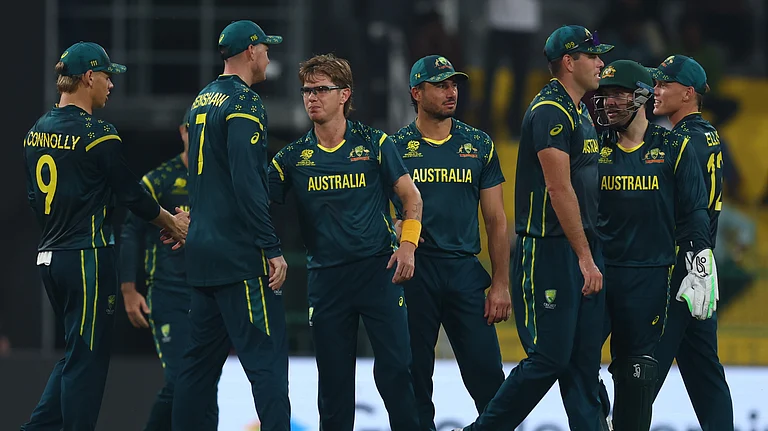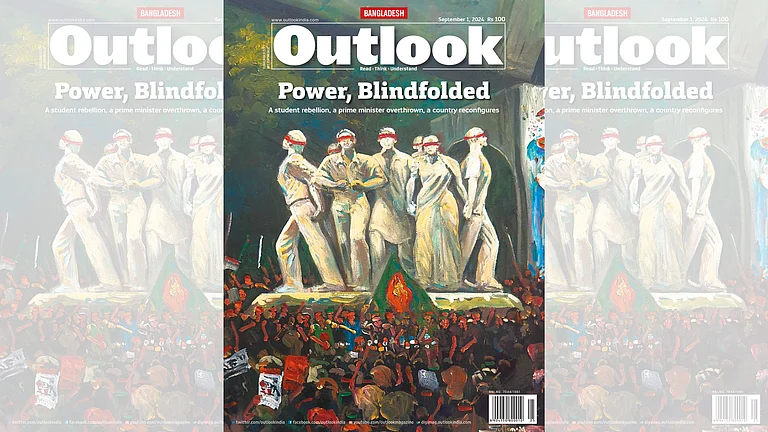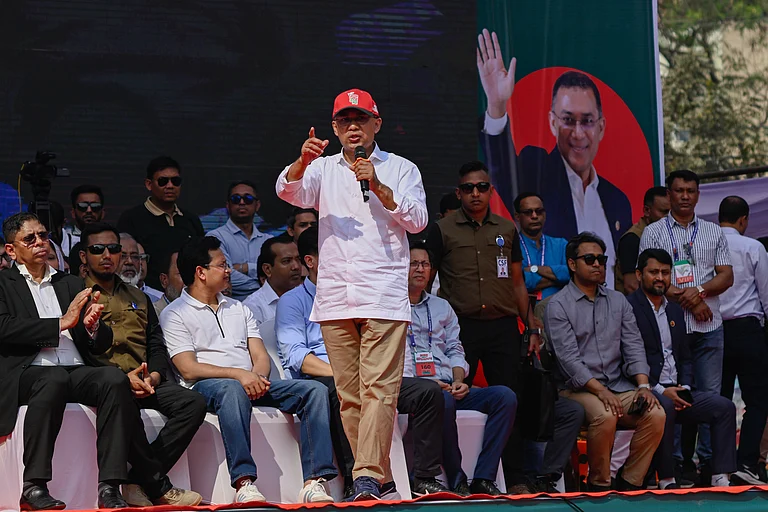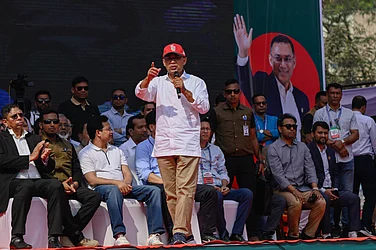The Supreme Court while hearing the case against forced religious conversion yesterday reiterated its earlier position that it is a ‘serious issue’ and said that the charity cannot be purportedly done to convert people. The apex court was hearing a plea by Ashwini Kumar Upadhyay that sought directions to the centre and states to stop religious conversions through “intimidation, threatening, deceivingly luring through gifts and monetary benefits”.
The top court acknowledged the threat of forced conversion through different means and said, “The purpose of charity should not be conversion. Allurement is dangerous.”
While referring to the steps, the Centre has taken till now, solicitor general Tushar Mehta said that they are collecting information from the states on religious conversions that have been done through such nefarious means. The government asked for a week’s time to gather the inputs and was granted it. The next hearing in the case would be held on December 12.
The top court earlier asked the centre to respond to the plea. In its affidavit the union government said that it is “cognizant of the menace” and will take appropriate measures to curb it down. It also added that the right to conscience is a very cherished value in India and it has to be safeguarded.
As one of the lawyers questioned the maintainability of the PIL, the bench of justices MR Shah and CT Ravikumar said, “Do not be so technical. We are here to find a solution. We are here for a cause. We are here to set things right. If the purpose of the charity is good then it is welcome but what is required to be considered is the intention.”
Asserting that the Indians must observe and uphold Indian culture, the bench added, “Do not take it as adversarial. It is a very serious issue. Ultimately it is against our Constitution. When everyone stays in India, they have to act per the culture of India.”
For several years now, there have been accusations that some religious organisations are engaged in conversions through the means of charity – like provision of education, health and other facilities. Several union ministers and CMs were found proposing ani-religious conversion law. Around 8 states in India currently have anti-conversion laws in the name of ‘Freedom of religion Acts’ that in reality are directed to restrain the conversion by force or allurement.
The Gujarat government even had knocked the doors of SC earlier asking that it revokes the HC order that didn’t allow state government to pass a law that would mandate seeking permission of district magistrate prior to conversion through marriages.
The PIL submitted by Ashwini Upadhyay whom the same court earlier under justice Fali S Nariman refused to hear on the ground that Article 25 also grants the right to propagate, notes, “The injury caused to the citizens is extremely large because there is not even one district which is free of religious conversion by 'hook and crook.”
“Incidents are reported every week throughout the country where conversion is done by intimidating, threatening, deceivingly luring through gifts and monetary benefits and also by using black magic, superstition, miracles but Centre and States have not taken stringent steps to stop this menace,” it added.


























